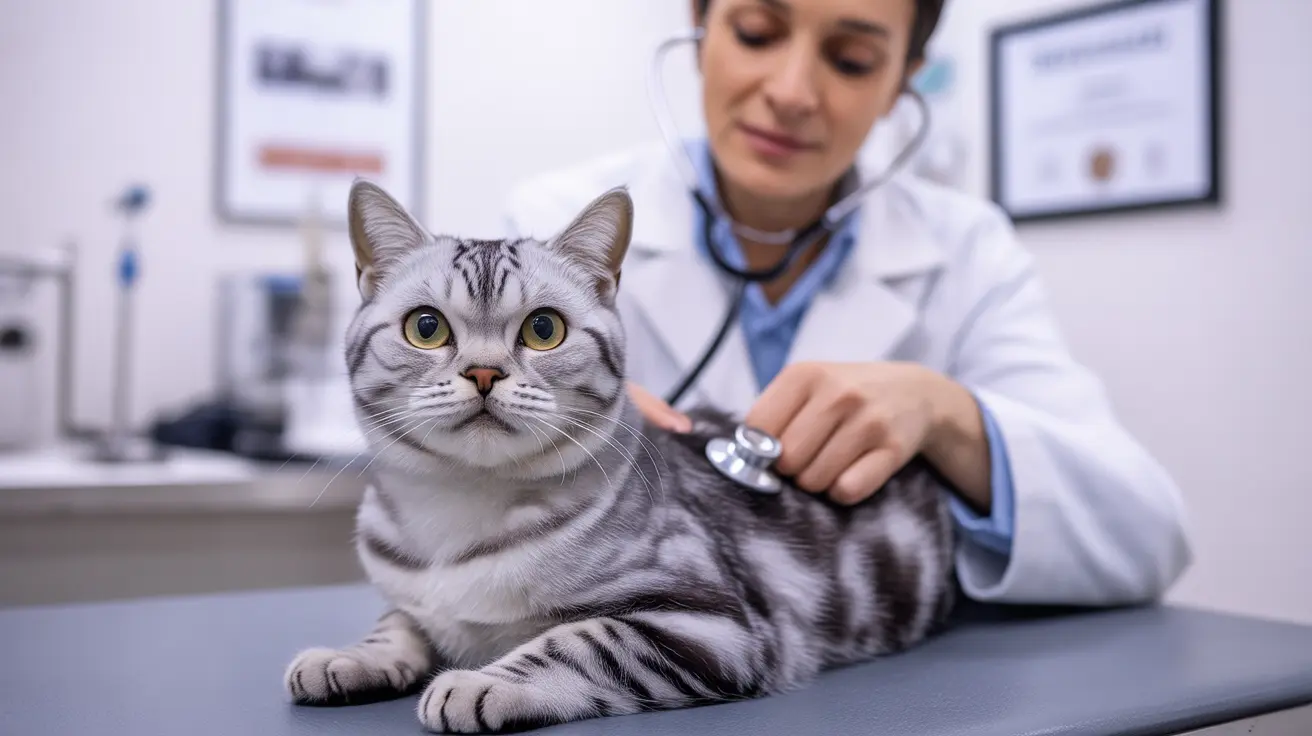Understanding Streptococcal Infections in Cats
Cats can contract various strains of streptococcal bacteria, with Streptococcus canis being the most common. While traditional strep throat (caused by Group A Streptococcus) is rare in cats, they can occasionally contract it from human family members. The bacteria typically reside in a cat's throat, nose, or fur, sometimes without causing any visible symptoms.
Common Symptoms and Signs
When cats develop streptococcal infections, they may exhibit various symptoms, including:
- Fever and lethargy
- Difficulty swallowing
- Swollen lymph nodes
- Coughing or respiratory issues
- Loss of appetite
- Purulent nasal discharge
- Joint pain or arthritis
Unlike humans, cats may not show the classic "sore throat" symptoms we associate with strep infections. Instead, the condition often manifests as broader respiratory or systemic issues.
Diagnosis and Treatment Options
Veterinarians diagnose streptococcal infections through physical examination and laboratory testing. This typically involves taking swabs from the affected areas and conducting bacterial cultures to identify the specific strain causing the infection.
Treatment usually includes:
- Appropriate antibiotics (usually penicillin or amoxicillin)
- Supportive care and hydration therapy
- Pain management when necessary
- Regular monitoring of symptoms and recovery
Prevention and Risk Factors
Several factors can increase a cat's risk of developing streptococcal infections:
- Weakened immune system
- Age (very young or elderly cats)
- Recent wounds or surgical procedures
- Exposure to infected animals or humans
- Stress and overcrowded living conditions
To prevent infections, maintain good hygiene practices, keep your cat's living environment clean, and ensure they receive regular veterinary check-ups.
The Human-Cat Connection
Interestingly, humans with strep throat can potentially transmit the infection to their cats, who can then become carriers and potentially re-infect humans. This discovery has led to new understanding about the importance of considering pets when dealing with recurring strep infections in households.
Frequently Asked Questions
Can cats get strep throat from humans, and how common is it?
Yes, cats can contract strep throat from humans, though it's relatively rare. The transmission typically occurs through close contact with infected individuals, such as kissing or sharing food and water bowls.
What are the symptoms of streptococcal infections in cats, including strep throat?
Symptoms include fever, lethargy, difficulty swallowing, swollen lymph nodes, coughing, and respiratory issues. However, cats may not show typical "sore throat" signs like humans do.
How do veterinarians diagnose and treat strep throat or other streptococcal infections in cats?
Diagnosis involves physical examination and laboratory testing, including bacterial cultures. Treatment typically consists of antibiotics, supportive care, and proper hydration.
Can a cat carrying group A Streptococcus infect humans, and how can transmission be prevented?
Yes, cats can potentially transmit the infection back to humans. Prevention includes maintaining good hygiene, avoiding close face-to-face contact with infected individuals (human or feline), and proper treatment of infected cats.
What measures can pet owners take to reduce the risk of their cats getting streptococcal infections?
Pet owners should maintain good hygiene practices, avoid overcrowded environments, reduce stress, ensure regular veterinary check-ups, and keep their cats' living areas clean. If someone in the household has strep throat, they should limit close contact with their cats until they've completed their antibiotic treatment.






